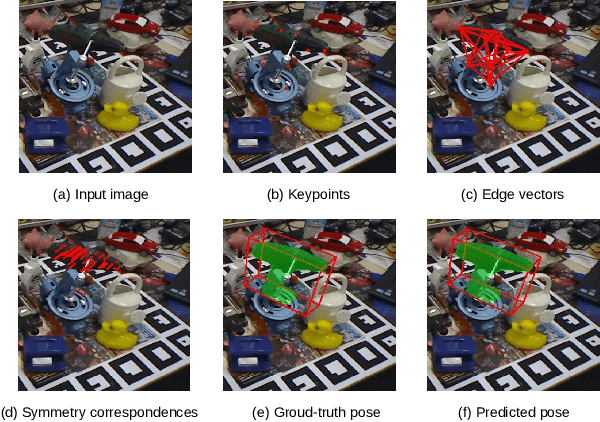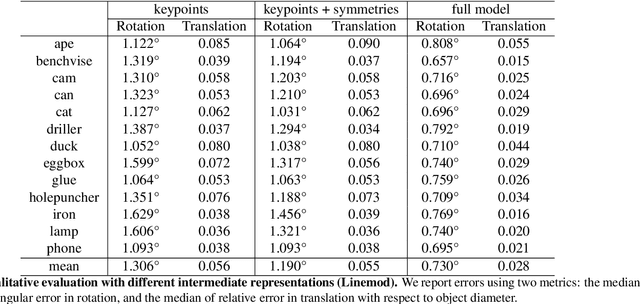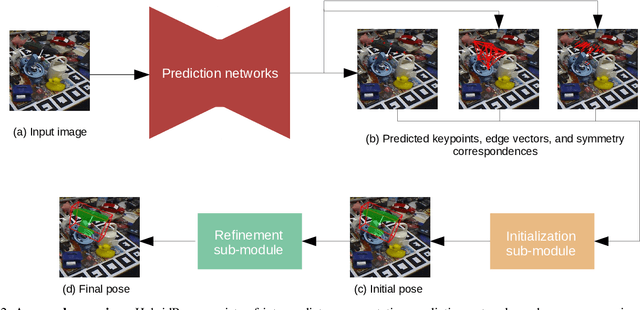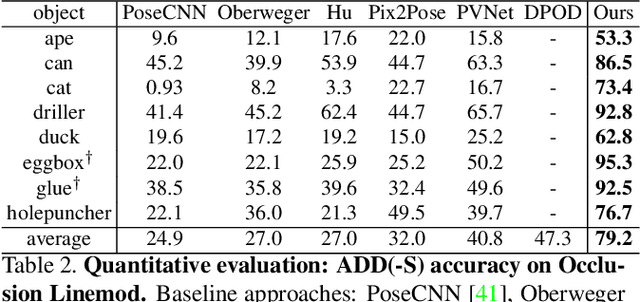Jiaru Song
How Many Bytes Can You Take Out Of Brain-To-Text Decoding?
May 22, 2024Abstract:Brain-computer interfaces have promising medical and scientific applications for aiding speech and studying the brain. In this work, we propose an information-based evaluation metric for brain-to-text decoders. Using this metric, we examine two methods to augment existing state-of-the-art continuous text decoders. We show that these methods, in concert, can improve brain decoding performance by upwards of 40% when compared to a baseline model. We further examine the informatic properties of brain-to-text decoders and show empirically that they have Zipfian power law dynamics. Finally, we provide an estimate for the idealized performance of an fMRI-based text decoder. We compare this idealized model to our current model, and use our information-based metric to quantify the main sources of decoding error. We conclude that a practical brain-to-text decoder is likely possible given further algorithmic improvements.
HybridPose: 6D Object Pose Estimation under Hybrid Representations
Jan 07, 2020



Abstract:We introduce HybridPose, a novel 6D object pose estimation approach. HybridPose utilizes a hybrid intermediate representation to express different geometric information in the input image, including keypoints, edge vectors, and symmetry correspondences. Compared to a unitary representation, our hybrid representation allows pose regression to exploit more and diverse features when one type of predicted representation is inaccurate (e.g., because of occlusion). HybridPose leverages a robust regression module to filter out outliers in predicted intermediate representation. We show the robustness of HybridPose by demonstrating that all intermediate representations can be predicted by the same simple neural network without sacrificing the overall performance. Compared to state-of-the-art pose estimation approaches, HybridPose is comparable in running time and is significantly more accurate. For example, on Occlusion Linemod dataset, our method achieves a prediction speed of 30 fps with a mean ADD(-S) accuracy of 79.2%, representing a 67.4% improvement from the current state-of-the-art approach. Our implementation of HybridPose is available at https://github.com/chensong1995/HybridPose.
 Add to Chrome
Add to Chrome Add to Firefox
Add to Firefox Add to Edge
Add to Edge